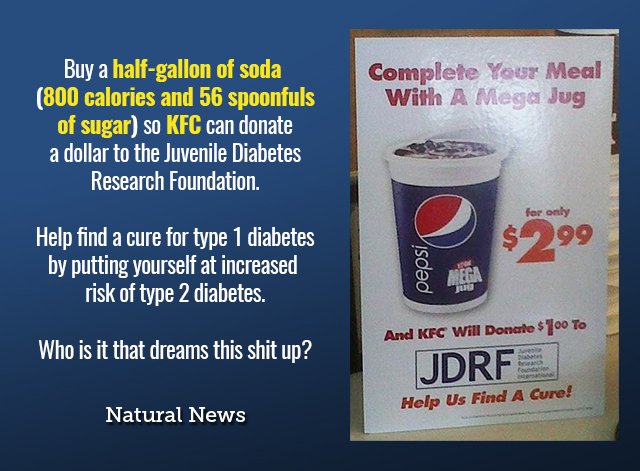
Rebecca Subbiah remembers times when dietitians on Twitter made her cry.
They mocked her intellect. They called her names. They circulated criticisms of her online.
All this happened because Subbiah, who is also a registered dietitian, unwittingly stepped into an online debate about industrial farming practices. She tweeted that she personally prefers organic foods because she believes they're better for the environment.
“It was terrible,” Subbiah said. “Very toxic.”
Such issues have long been controversial among consumers. But in the world of nutrition, they have lately grown so heated that the country’s certifying body for dietitians issued guidance to its members asking them to avoid “belittling” or “humiliating” colleagues in online discussions.
Harassment has become common in the field, according to six dietitians who spoke to The Washington Post. And many think that the growing hostility reflects deepening ideological divides in both the Academy of Nutrition and Dietetics, the professional group — and in nutrition, in general.
The field has been rocked in recent years by accusations of corporate influence and debates about the degree to which environmental, labor and social justice concerns should shape nutritional advice. Dietitian-on-dietitian bullying often unfolds along those lines.
“It’s a reflection of that culture,” said Ashley Colpaart, a registered dietitian who left a leadership role at the academy last year and who also received abusive tweets. “There is a growing divide between these schools of thought — and people are very much engaged in black-or-white thinking.”
More here: https://www.washingtonpost.com/









